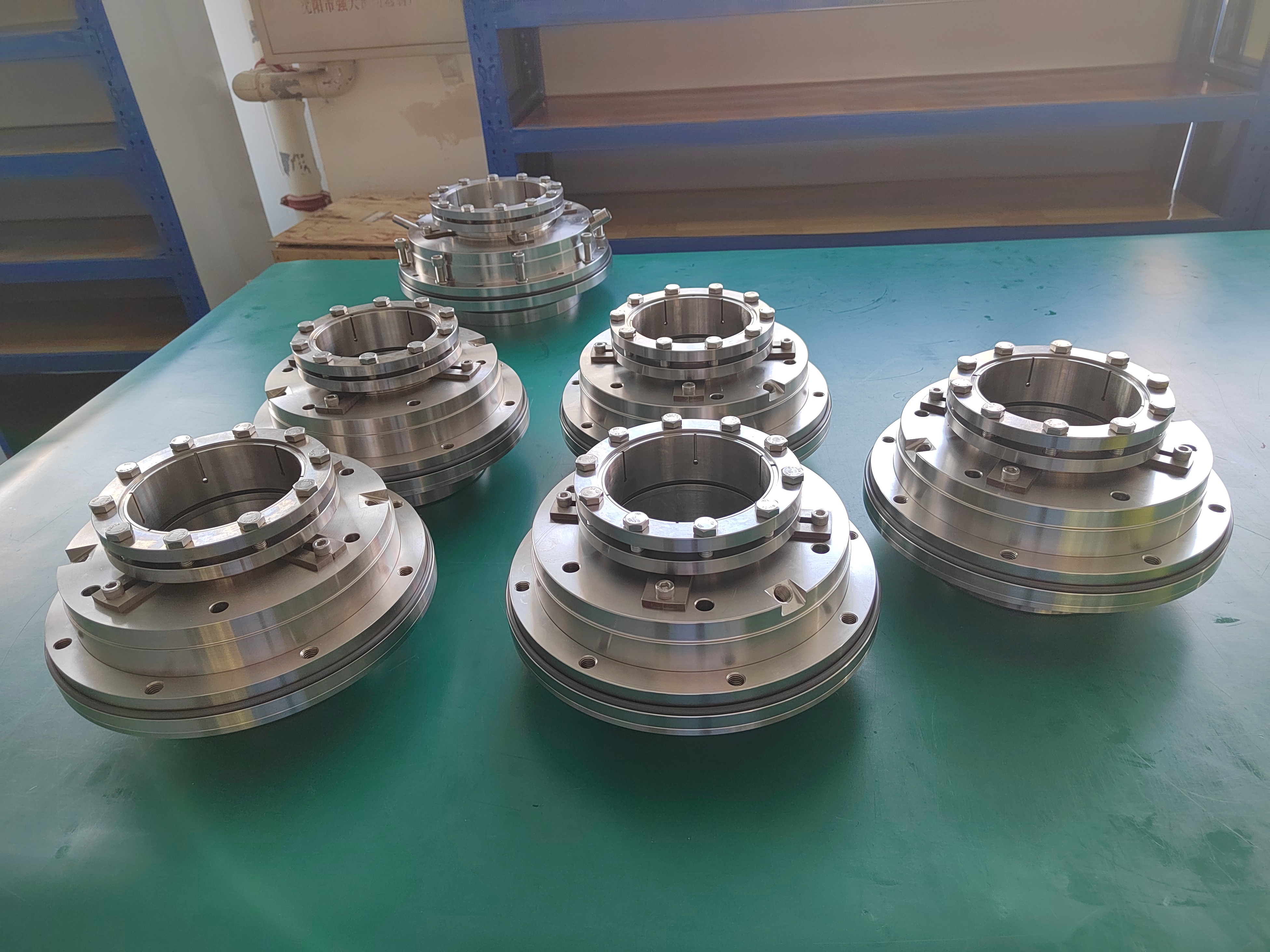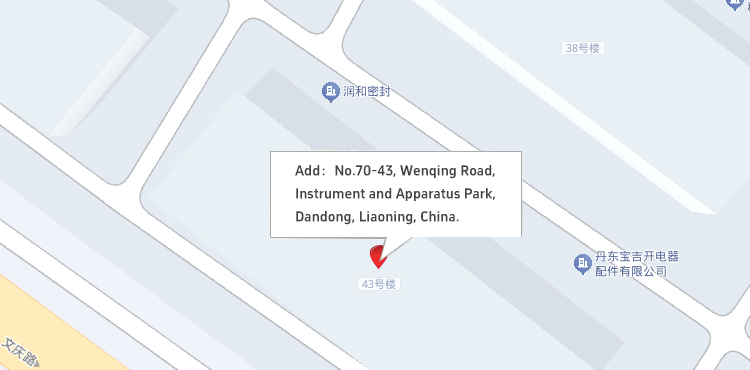
In the industrial field, many types of pumps rely on mechanical seals to ensure tightness and reliability during operation. The following are some pumps that often use mechanical seals and their application and characteristics:
1.Centrifugal pump
Application:
Chemical production (transporting corrosive media such as acids, alkalis, solvents, etc.), petroleum refining, water supply and drainage systems, food processing, pharmaceutical industry, etc.
Features:
Structural characteristics: The centrifugal force generated by the rotation of the impeller conveys the liquid, and the mechanical seal is installed at the connection between the impeller and the pump shaft to prevent medium leakage.
Sealing requirements: The centrifugal pump has a high speed and a wide range of medium pressure and temperature. The mechanical seal needs to adapt to different working conditions (such as high temperature, high pressure, and corrosive media).
Common types: single-stage centrifugal pump, multi-stage centrifugal pump, chemical centrifugal pump, etc.
2.Reciprocating Pump
Application:
Oil extraction (water injection pumps, metering pumps), chemical processes (precise delivery of viscous media or high-pressure liquids), hydraulic systems, etc.
Features:
Structural characteristics: Liquid is delivered through the reciprocating motion of the piston or plunger, and the mechanical seal is installed on the reciprocating motion part of the plunger or piston rod.
Sealing requirements: Reciprocating motion is prone to wear, and mechanical seals need to have high wear resistance and impact resistance, and are often used in high-pressure and high-viscosity media working conditions.
3. Rotor pump (gear pump, screw pump, etc.)
Application:
Food industry (transporting syrup, edible oil), lubricating oil system, paint and coating production, sewage treatment (transporting sludge), etc.
Features:
Structural characteristics: Liquid is transported through the meshing movement of rotors such as gears and screws, and the mechanical seal is installed at the connection between the rotor shaft and the pump housing.
Sealing requirements: The medium is mostly viscous or contains particles. The mechanical seal needs to prevent medium leakage and external impurities from invading, and wear-resistant materials (such as silicon carbide and ceramics) are often used.
4. Shielded pump and magnetic pump
Application:
Chemical, pharmaceutical, nuclear industry (transporting highly toxic, flammable, radioactive media), high-risk working conditions requiring zero leakage.
Features:
Structural characteristics: The pump shaft and the medium are isolated by a shielding sleeve or a magnetic coupling, which can theoretically achieve zero leakage, but some models still require mechanical seals as auxiliary seals (such as backup seals or to prevent bearing lubricant leakage).
Sealing advantages: Compared with traditional pumps, mechanical seals reduce dynamic sealing points and are suitable for scenarios with high safety requirements.
5. Vacuum Pump
Application:
Vacuum distillation, vacuum drying, pharmaceutical vacuum system, semiconductor manufacturing, etc.
Features:
Structural characteristics: used to extract gas to form a vacuum, the mechanical seal is installed at the connection between the pump shaft and the cavity to prevent external air from infiltrating.
Sealing requirements: high vacuum degree must be ensured, the mechanical seal must have good airtightness, and is often used with an auxiliary sealing system (such as injection of sealing liquid).
6. Slurry pump
Application:
Mining beneficiation (transporting ore slurry, coal slurry), metallurgical industry (transporting slag slurry), power desulfurization (transporting gypsum slurry), etc.
Features:
Structural characteristics: transporting media containing a large amount of solid particles, the mechanical seal faces severe wear.
Seal design: usually use multi-spring, metal bellows mechanical seal, with flushing system (injection of clean water or buffer) to extend the seal life.
7. Other special working condition pumps
High temperature pumps: Mechanical seals need high temperature resistant materials (such as graphite, metal coating) and cooling systems.
Low temperature pumps: Mechanical seals need low temperature resistant rubber parts and anti-condensation design.
High speed pumps: Mechanical seals need to be manufactured with high precision to prevent overheating and failure due to high speed friction.
Key role of mechanical seals in pumps:
Prevent leakage: prevent the medium from leaking to the outside or external impurities from entering the pump to ensure safe production (especially for toxic and flammable media).
Improve efficiency: reduce energy loss caused by medium leakage and ensure stable pump head and flow.
Extend service life: reasonable seal design can reduce friction loss and reduce maintenance frequency (such as seal replacement cycle).
The application of mechanical seals is closely related to the working conditions of the pump (pressure, temperature, medium characteristics). Centrifugal pumps, reciprocating pumps, rotor pumps, etc. widely use mechanical seals due to the need for medium transportation, while special working condition pumps (such as high temperature, low temperature, slurry pumps) require targeted seal designs. When selecting mechanical seals, it is necessary to match the material (such as silicon carbide, fluororubber), structure (single end face, double end face) and auxiliary system (flushing, cooling) according to the type of pump and medium characteristics to ensure the sealing effect and equipment reliability.
Dandong Runhe Seal Co., Ltd., China's leading expert in mechanical seals and seal support systems, can provide users with customized seal design and manufacturing services, and provide comprehensive solutions to global sealing problems.




 export@rhseal.com
export@rhseal.com





